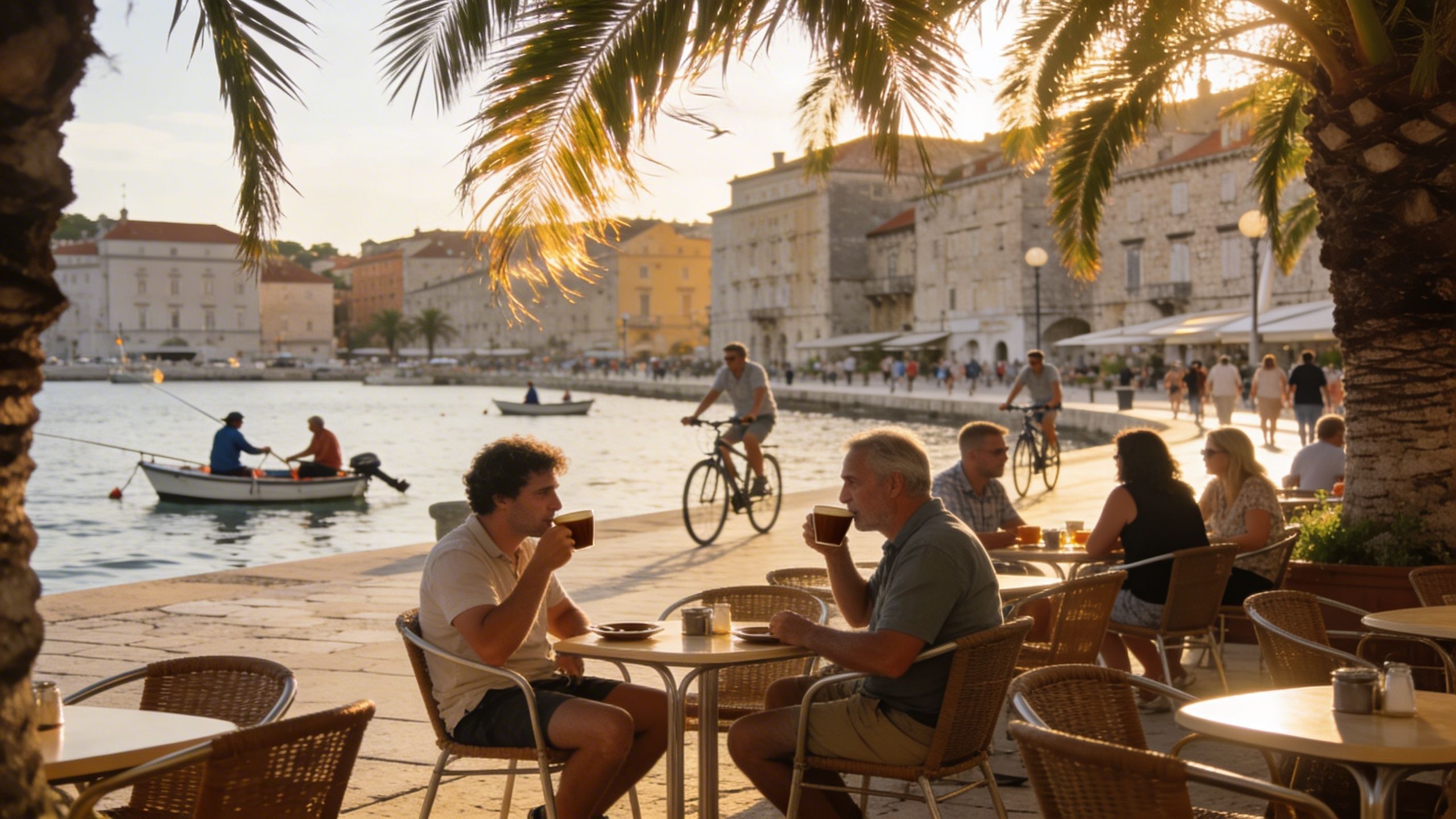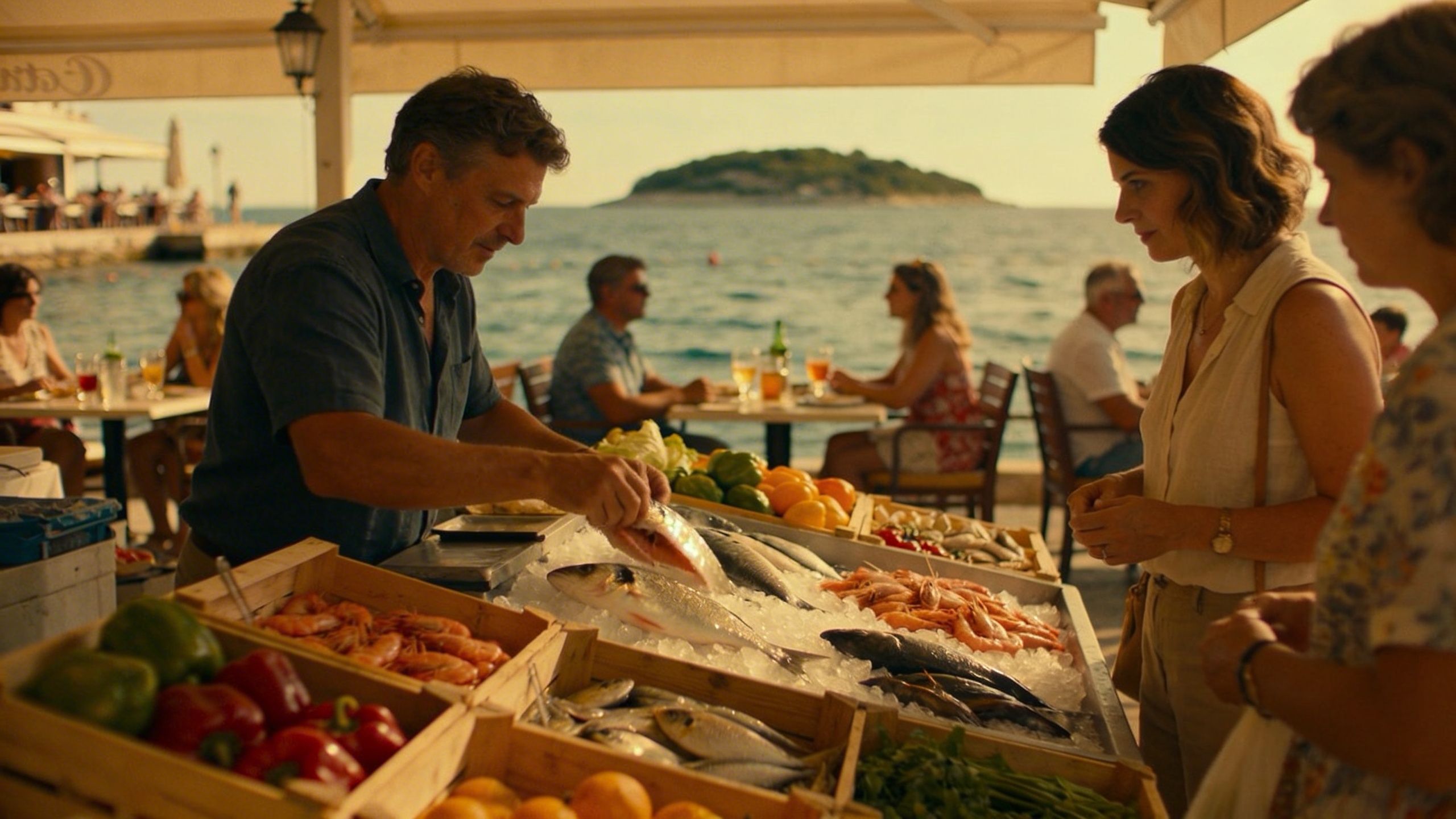Related Analysis
Additional investment intelligence



France offers irresistible lifestyle appeal, but municipal surtaxes, transfer‑tax shifts and tax regimes for furnished vs unfurnished lets are the practical levers that define net returns.
Imagine starting your morning with a black espresso at Café de Flore, then signing a contract to buy a pied-à-terre a few streets away — the light, the history, the rhythm make France feel inevitable. For international buyers that romantic image sits beside a harder truth: French property ownership comes with dense local taxes, regulated conveyancing and growing municipal powers that change returns quickly. This piece ties the lived, sensory France to the legal and fiscal details you actually need to evaluate before placing an offer.
France delivers layered daily rhythms: weekday markets in Aix-en-Provence that smell of olives and basil, slow Sunday lunches in Lyon’s bouchons, or Bay of Biscay surf culture switching a coastal town’s tempo. The property you buy is more than walls; it’s access to café life, municipal services, and the micro-economies that shape rental demand — students near university arrondissements, holidaymakers on Côte d’Azur beaches, remote professionals seeking reliable fibre in mid-sized cities.
Le Marais hums with boutiques, galleries and short-let demand; apartments are compact, renovation-heavy and command premium per-m² pricing. Saint‑Germain offers quieter cafés and long-term tenants drawn to schools and classic Haussmannian flats. For investors, Le Marais leans short-stay and high turnover; Saint‑Germain performs on stable long-term yields — two very different risks tied to lifestyle preferences.
Regional food scenes create predictable tourism flows: truffle season pulses Dordogne bookings; summer events spike Corsica and Riviera occupancy. These seasonal patterns tilt gross yields and vacancy risk. If you plan part-time ownership, align property type to demand cycles — small coastal apartments for summer peaks, centrally located city flats for year-round rental.
You can fall for the light and still be a disciplined buyer. French rules around non-resident taxation, property declarations and municipal surcharges materially affect net returns. Official guidance from impots.gouv.fr outlines obligations for non-residents, including local taxes, rental income reporting and potential wealth tax exposure (IFI) above defined thresholds. Use these rules to stress‑test expected cashflows before you commit.
Choosing between furnished (meublé) and unfurnished (vide) lets changes tax treatment and margins. Furnished rentals often sit under the BIC regime (50% standard deduction under Micro‑BIC up to thresholds) which can be advantageous for short-lets; unfurnished rentals fall under revenus fonciers with different deductible expenses. Match product to demand: furnished for tourist and corporate short-term demand, unfurnished for long-term tenants and steadier cashflow.
A French notaire is mandatory for conveyancing and collects transfer taxes; a bilingual tax adviser familiar with double-tax treaties prevents costly mistakes. Local letting agents and property managers translate lifestyle demand into realistic occupancy and maintenance budgets. Use a three‑advisor bundle: notaire, tax specialist and an agent who actively manages the neighbourhood you want to buy in.
Municipal policy is the single biggest non-market risk in France right now. Recent years saw communes adopt second‑home surtaxes and some departments raise transfer tax portions (DMTO) toward new ceilings. Notaire fees and registration taxes can add roughly 7–10% on resale purchases; recent departmental DMTO increases of 0.5 percentage points mean transactional costs rose in parts of France in 2025. Always check current departmental rates before pricing offers.
France’s political debates over local finance mean municipal policy is an ongoing variable — councils calibrate taxe foncière, second‑home levies and infrastructure contributions based on local budgets. For investors, that makes diversification across regions and property types a practical hedge: combine city flats with mid-sized coastal or inland properties less exposed to tourist tax volatility.
Conclusion: France sells a lifestyle you can measure. Fall in love with the morning market and boulangerie routine, then test that romance against the numbers: departmental transfer taxes, local surtaxes, tax regime for furnished vs unfurnished lets, and required professional advice. Bring a notaire, a bilingual tax adviser and a local agent into the process early — they turn feeling into a financially robust plan.
Dutch investment strategist who built a practice assisting 200+ Dutch clients find Spanish assets, with emphasis on cap rates and due diligence.
Additional investment intelligence



We use cookies to enhance your browsing experience, analyze site traffic, and personalize content. You can choose which types of cookies to accept.